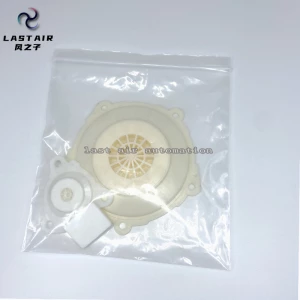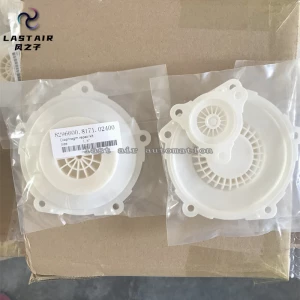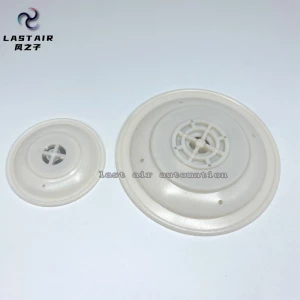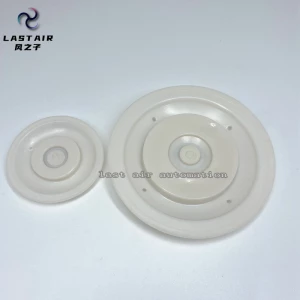Everything You Need to Know About TPE in 2025
TPE (Thermoplastic Elastomer) is revolutionizing industries with its versatility, durability, and eco-friendly properties. Whether you're in automotive, medical, or consumer goods, understanding TPE can help you make informed decisions for your projects.
How to Find Reliable TPE from China in 2025
China remains a leading supplier of TPE, offering competitive pricing and high-quality materials. To find reliable suppliers, verify certifications like ISO 9001, request product samples, and check customer reviews. Platforms like Alibaba can help connect you with trusted manufacturers.
What Buyers Should Know Before Buying TPE from China
Before purchasing, consider factors like material specifications, lead times, and minimum order quantities. Ensure the supplier provides detailed technical data sheets and offers after-sales support. Transparency in pricing and logistics is also crucial.
Types of TPE
TPE comes in several forms, including:
- TPE-S (Styrenic Block Copolymers)
- TPE-O (Olefinic Blends)
- TPE-U (Polyurethane-Based)
- TPE-E (Copolyester)
- TPE-V (PP/EPDM Blends)
Functions and Features of TPE
TPE combines the elasticity of rubber with the processability of thermoplastics. Key features include:
- High flexibility and resilience
- Excellent weather and chemical resistance
- Recyclability and eco-friendliness
- Wide temperature range usability
Scenarios of TPE
TPE is widely used in:
- Automotive parts (seals, grips)
- Medical devices (tubing, seals)
- Consumer goods (toys, footwear)
- Industrial applications (hoses, gaskets)
How to Choose TPE
Selecting the right TPE depends on:
- Application requirements (flexibility, durability)
- Environmental conditions (temperature, exposure)
- Regulatory compliance (FDA, RoHS)
- Cost-effectiveness
TPE Q & A
Q: Is TPE environmentally friendly?
A: Yes, TPE is recyclable and free from harmful phthalates, making it a sustainable choice.
Q: What is the difference between TPE and silicone?
A: TPE is more cost-effective and easier to process, while silicone offers higher heat resistance.
Q: Can TPE be used for food contact applications?
A: Yes, certain TPE grades are FDA-compliant and safe for food contact.
Q: How long does TPE last?
A: TPE can last for years, depending on the application and environmental conditions.
Q: Is TPE resistant to oils and chemicals?
A: Some TPE grades offer excellent resistance to oils and chemicals, but it varies by formulation.






























.jpg_300x300.webp)
.jpg_300x300.webp)
.jpg_300x300.webp)
.jpg_300x300.webp)













































